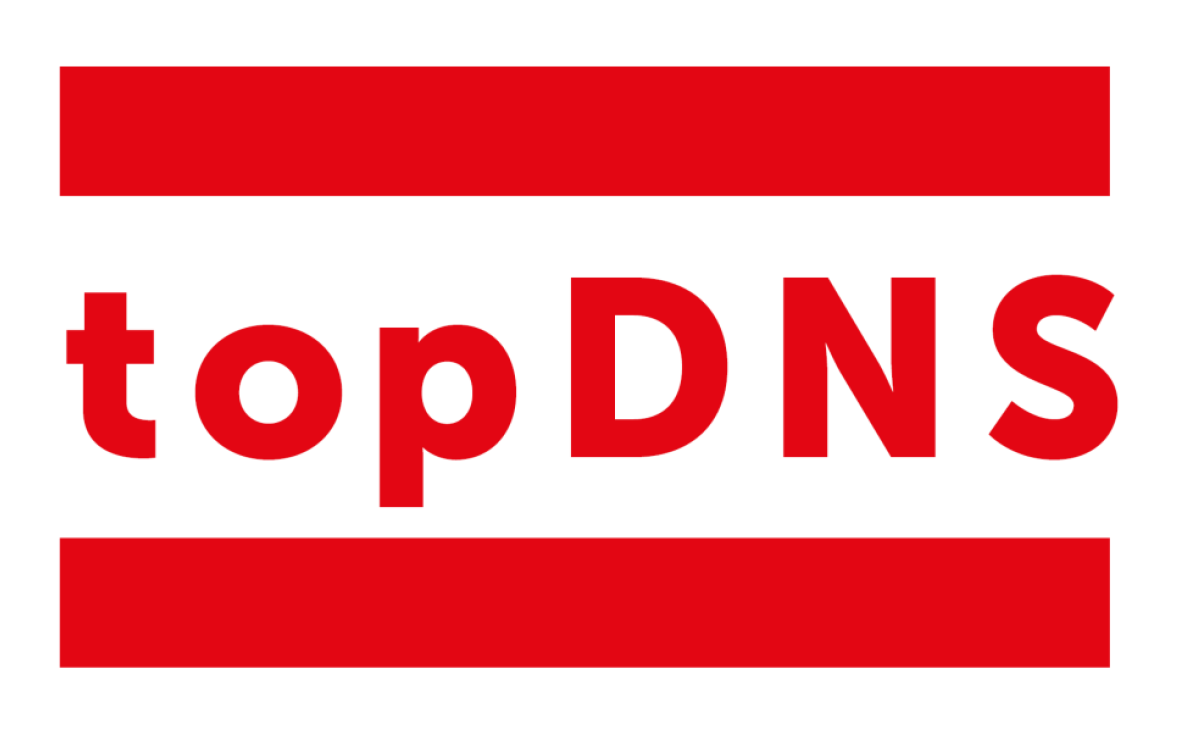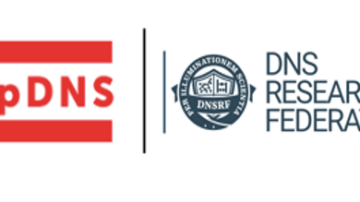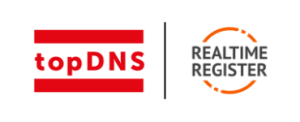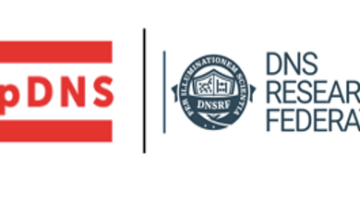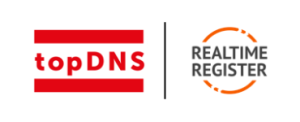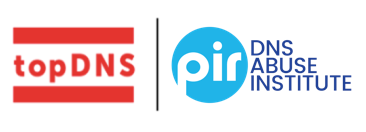
topDNS Best Practice Series: DNSAI Compass Dashboards – Benchmarking the prevalence and persistence of malware and phishing for registries and registrars
The DNS Abuse Institute & eco’s topDNS Initiative held the fifth in a series of topDNS best practice webinars to showcase what the domain name industry is doing to fight DNS abuse. Rowena Schoo, Director of Programs and Policy, at the DNS Abuse Institute presented on DNSAI Compass – an…Read More
